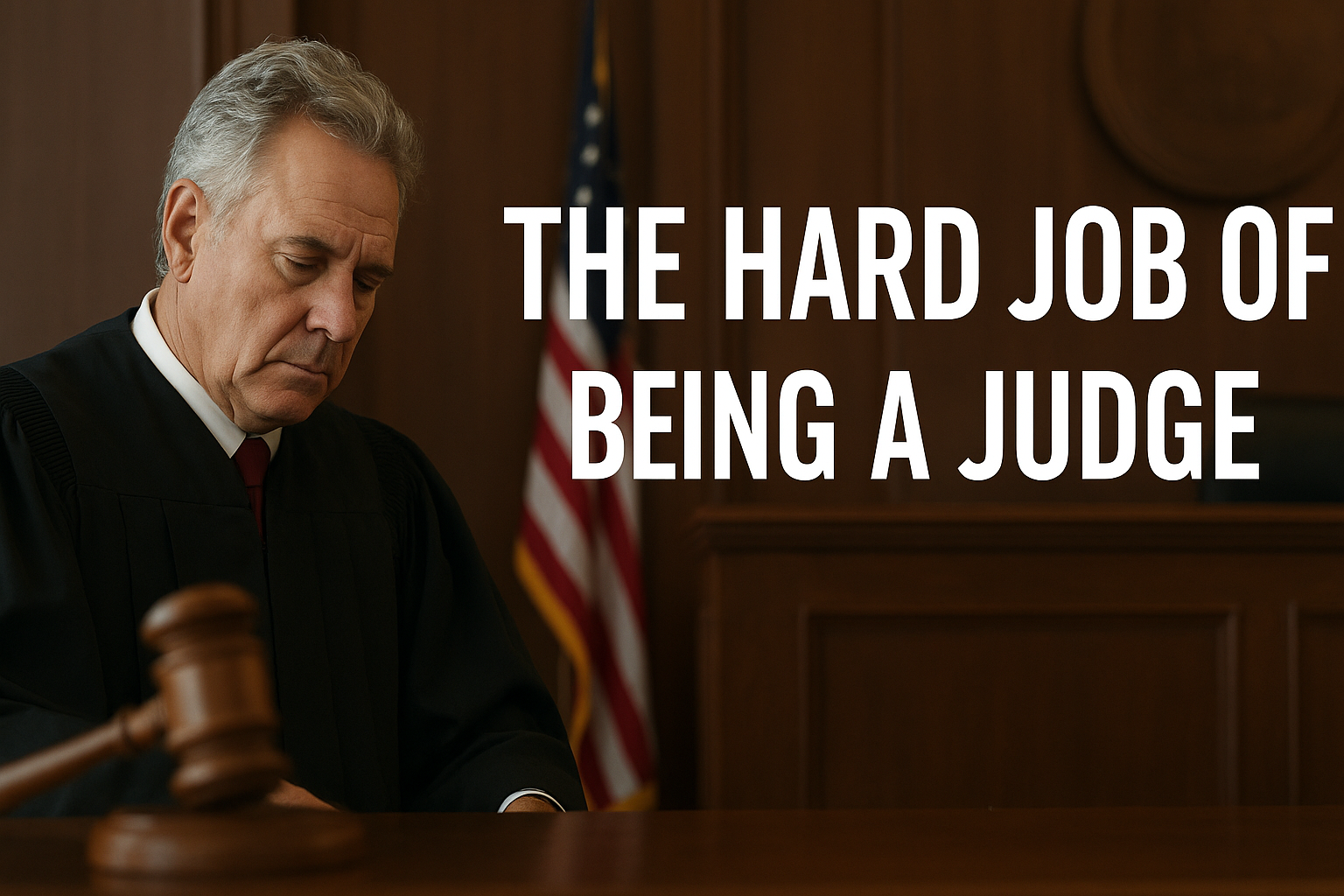I used to admire lawyers and judges and even dreamed of becoming one. That was a long time ago, back when I could barely tell my left hand from my right. Nearly three decades later, I’m not even sure I’d want any of my children to follow that path. You might be wondering, why?
The answer is simple: human laws aren’t designed for justice. What we proudly call the justice system often delivers anything but justice.
When a prosecutor presents a case in court, the defense lawyer’s first instinct is to find a loophole to get the case dismissed on technical grounds. Lawyers know exactly what I mean. Sometimes, the defense wins that gamble; sometimes, they don’t. But even when the case survives the technicalities, that’s no guarantee of justice. The defense might still win, not because the accused is innocent, but because the argument was more convincing. All through the process, one question rarely gets asked: Is the accused truly innocent or guilty?

This year alone, I’ve come across at least three cases of false rape allegations where the accused had already served years in jail before the truth emerged. And it makes you wonder; who were the judges on those cases? Were they ever held accountable? Probably not. It all points to one sad truth: human laws aren’t built for justice, but for whoever can argue best. And this flaw isn’t peculiar to any one country.
A few weeks ago, the President of my country pardoned some inmates. I’ve seen similar acts elsewhere, like the U.S. President, Donald Trump, during his term. But what struck me most was the list, which consist of about 130 pardoned individuals, including murderers, terrorists, and drug pushers. Even when justice somehow manages to peek through in court, it can still be undone by a stroke of presidential mercy.
Just this morning, I learned from @raymondspeaks’s post that I’m no longer recognized as an author within the Flame project. It didn’t shock me, nor did it disappoint me. Raymond seemed to disagree with the decision, but I guess he was a minority among the decision-makers, the judges of the community.
Being a judge in today’s digital world isn’t a role I envy. You can be extra careful and still misjudge. As a curator for the stemsocial community, I’ve had to scale back the number of posts I recommend for votes. When I’m unsure, I go low. The line between AI-generated and human-written content has become almost invisible. To truly judge posts now, you might have to look beyond the words, at the author’s history. Some of us have been around long before generative AI took the stage.
I’ve worked hard to make sure my writing doesn’t sound like AI. But let’s be honest, anyone can accuse you of using AI if they can build a persuasive enough argument. We now live in a time when a post’s authenticity depends less on how it’s written and more on how it’s argued. Many of us have roots deeper than this new AI wave, though we’re far from perfect.
I don’t know what it’ll take to get back into the Flame community. But it’s a space I truly value for its genuine engagement and the caliber of its writers. So, this is me, giving it another shot. Will it be enough? Only time will tell.
Posted Using INLEO